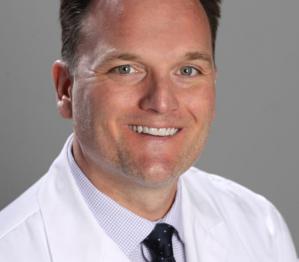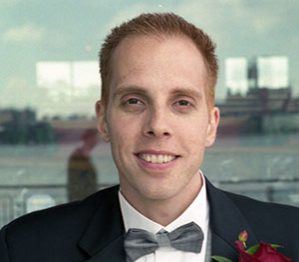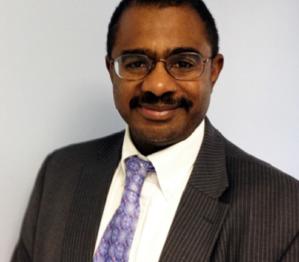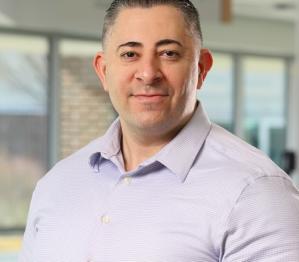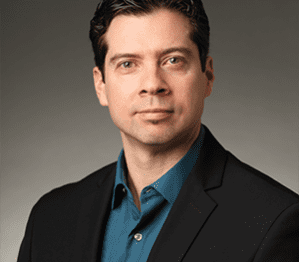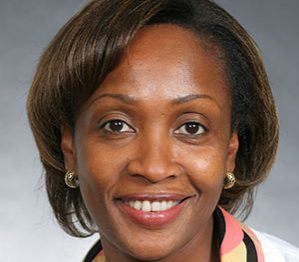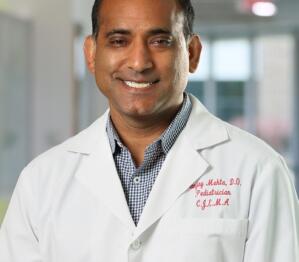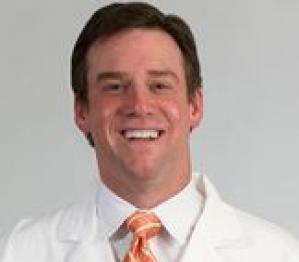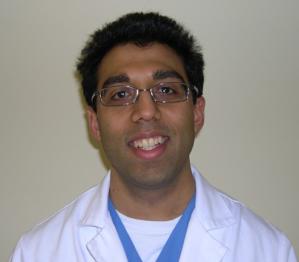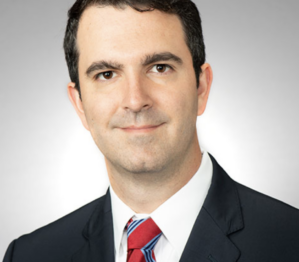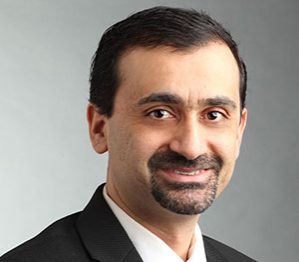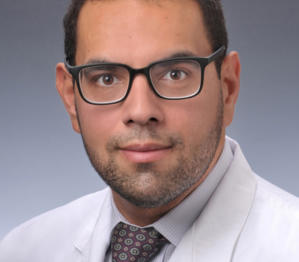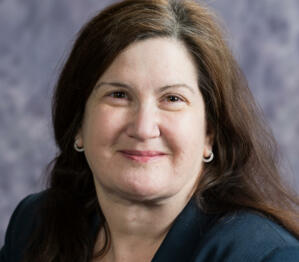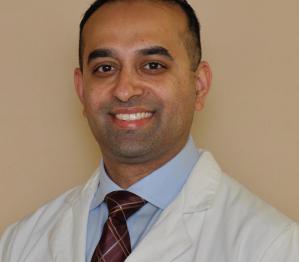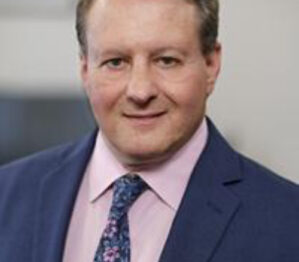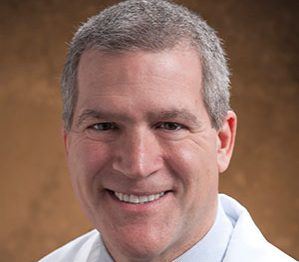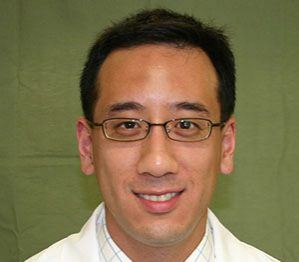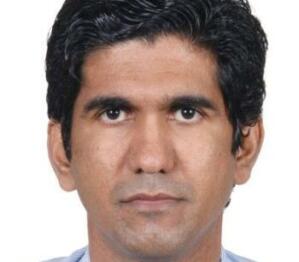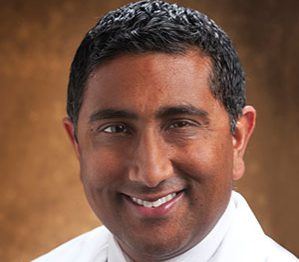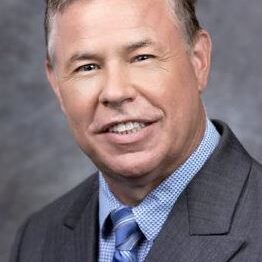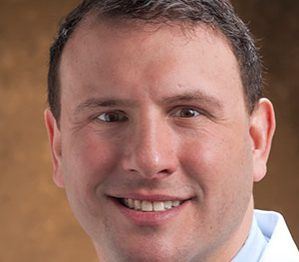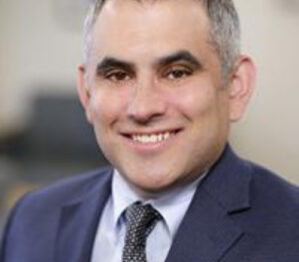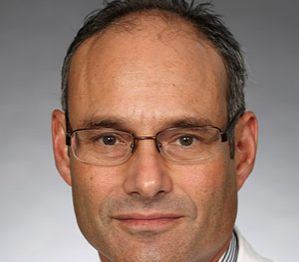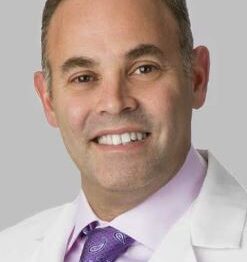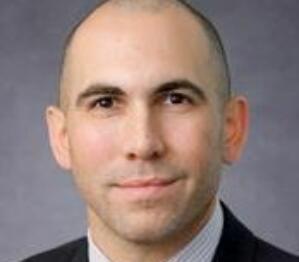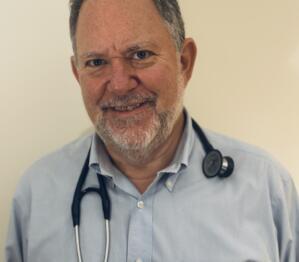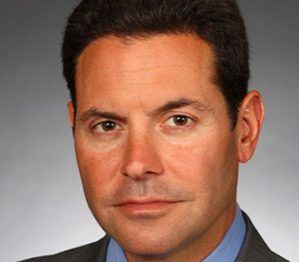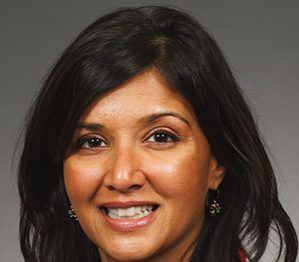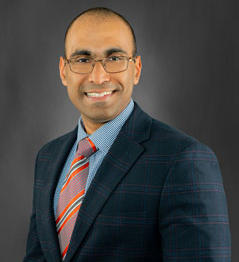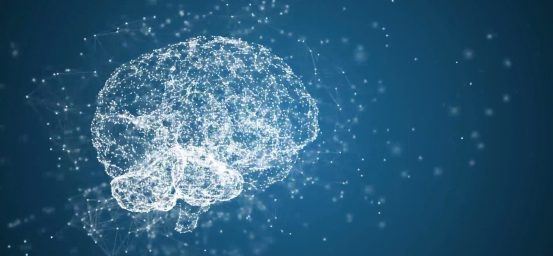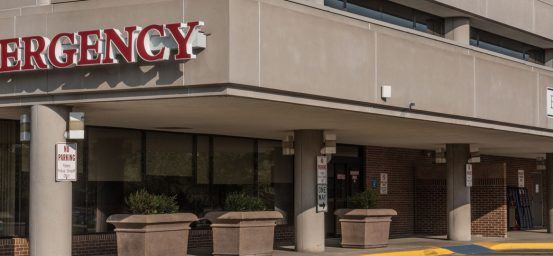CentraState Medical Center is an Advanced Primary Stroke Center with licensed certification from The Joint Commission and the New Jersey Department of Health and Senior Services. We are among an elite group of hospitals in New Jersey and across the country with a specially trained “Stroke Alert” response team, dedicated to providing expert care for stroke patients and facilitating stroke recovery. The team is available around the clock to assess patients immediately upon their arrival at the emergency department and initiate appropriate stroke treatment, which may include the administration of a “clot-busting” medication.
CentraState Medical Center is an Advanced Primary Stroke Center with licensed certification from The Joint Commission and the New Jersey Department of Health and Senior Services. We are among an elite group of hospitals in New Jersey and across the country with a specially trained “Stroke Alert” response team.
US News & World Report
CentraState Medical Center has been recognized by U.S. News & World Report as “high performing” in the treatment of stroke in the 2023 rankings.
Post-Hospital Rehabilitation
CentraState is also available to assist with stroke rehabilitation and recovery following stroke treatment. We offer five convenient locations throughout Monmouth, Ocean, Middlesex and Mercer counties.
TRANSITION OF CARE STROKE OUTPATIENT CLINIC
Patients who have been hospitalized for a stroke or TIA need comprehensive follow-up care in the first weeks after hospital discharge to ensure the best outcomes.
Our Transition of Care Stroke Outpatient Clinic builds on the inpatient care you received for your stroke or TIA so that you continue to recover and prevent additional complications.
Before you leave the hospital we will set an appointment with a nurse who will:
- Provide education to patients and caregivers
- Monitor progress
- Help coordinate care and services, including rehabilitation appointments
- Review prescriptions
- Provide reports to your neurologist or primary care physician for post-stroke care
.
STROKE SYMPTOMS AND PREVENTION
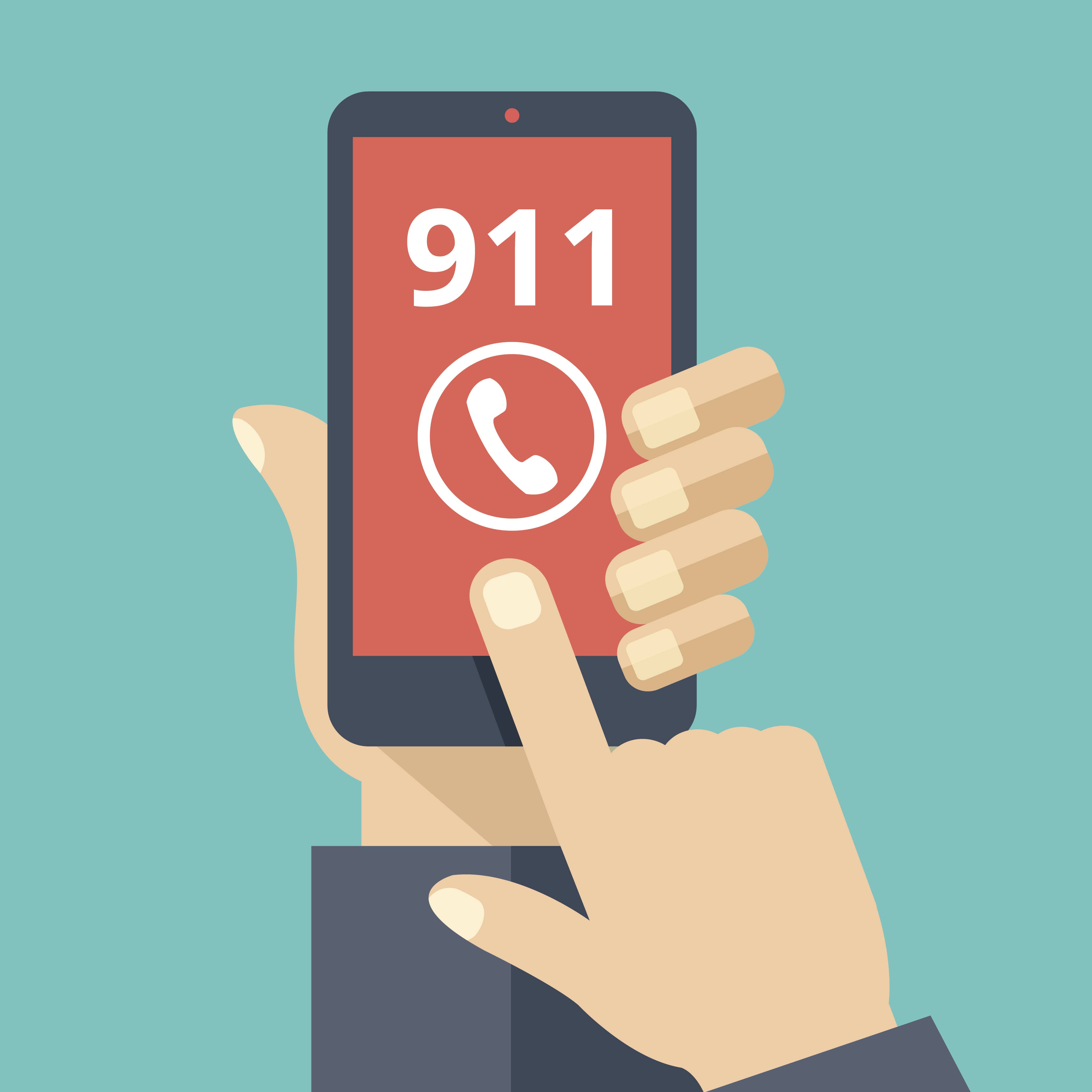
When a patient is experiencing stroke symptoms, every second counts in preventing or limiting damage to brain tissue. Symptoms of a stroke include:
- Sudden numbness or weakness in the face, arm, or leg, especially on one side of the body
- Sudden confusion, trouble speaking, or trouble understanding
- Sudden trouble seeing in one or both eyes
- Sudden difficulty walking, dizziness, loss of balance, or loss of coordination
- Sudden severe headache with no known cause
If you or someone you know experiences any of these warning signs, call 9-1-1 immediately.
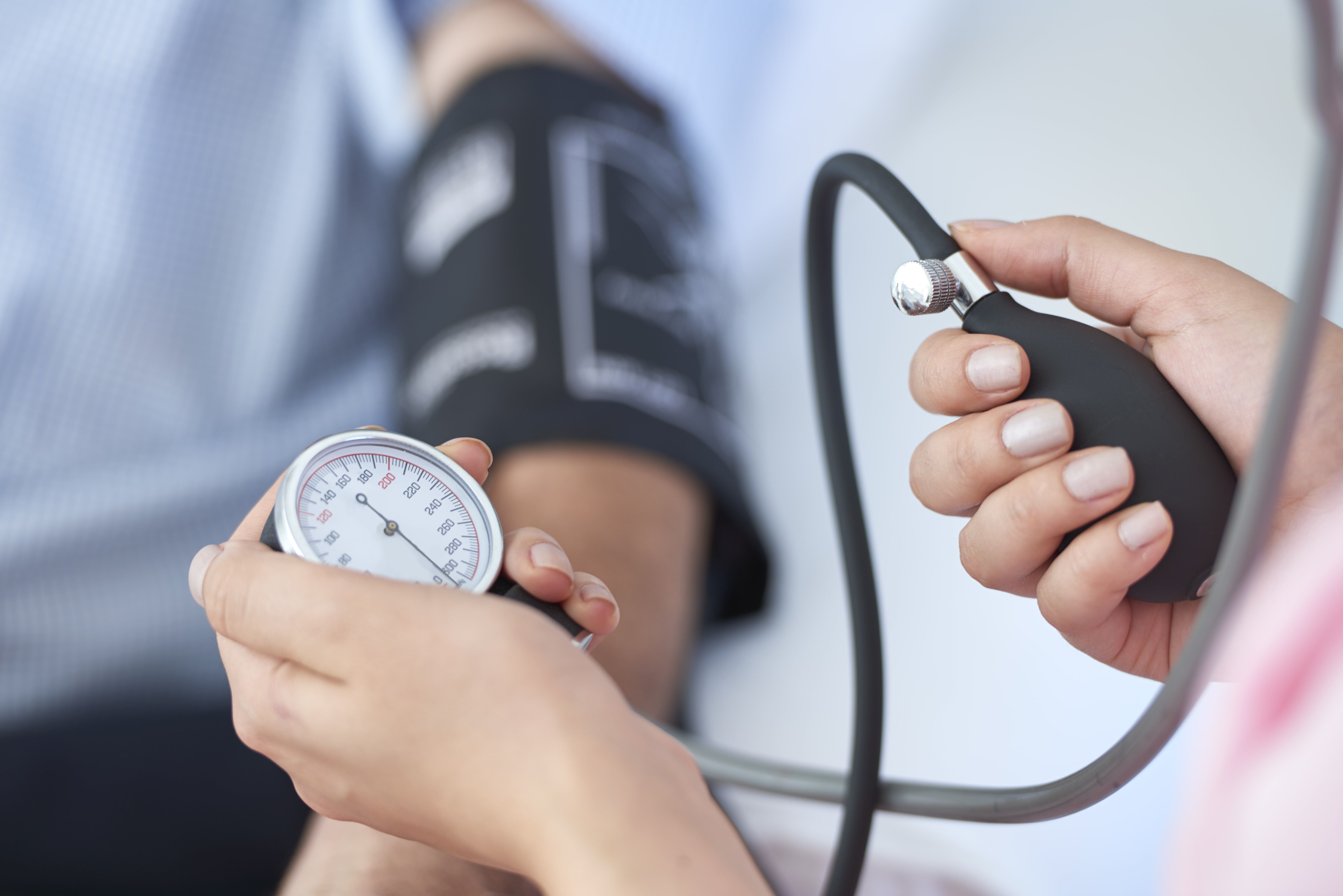
Nearly 800,000 Americans suffer a stroke each year. While it is more common among people age 65 and older, it can happen at any age. In fact, an estimated one in 10 people who experience a stroke are under the age of 45.
Certain risk factors can increase your chances of having a stroke, including:
- Uncontrolled high blood pressure and elevated blood cholesterol, especially LDL or “bad cholesterol”
- Excess weight and uncontrolled diabetes
- Excessive alcohol use—more than two drinks a day for men and one drink a day for women
- Smoking, which has been shown to double stroke risk
- Atrial fibrillation (or AFib), an irregular and sometimes rapid heartbeat
- Being over age 65 or of African American, American Indian or Native Alaskan descent

The same healthy habits that help protect your heart can also help prevent a stroke:
- Eat plenty of fruits and vegetables and choose foods low in saturated fat and cholesterol
- Maintain a healthy weight—excess belly fat, in particular, greatly increases your risk for cardiovascular disease
- Aim for at least 30 minutes of moderate exercise on most days
- Don’t smoke
- Limit alcohol use
- Work with your doctor to properly manage chronic health conditions such as high blood pressure and diabetes
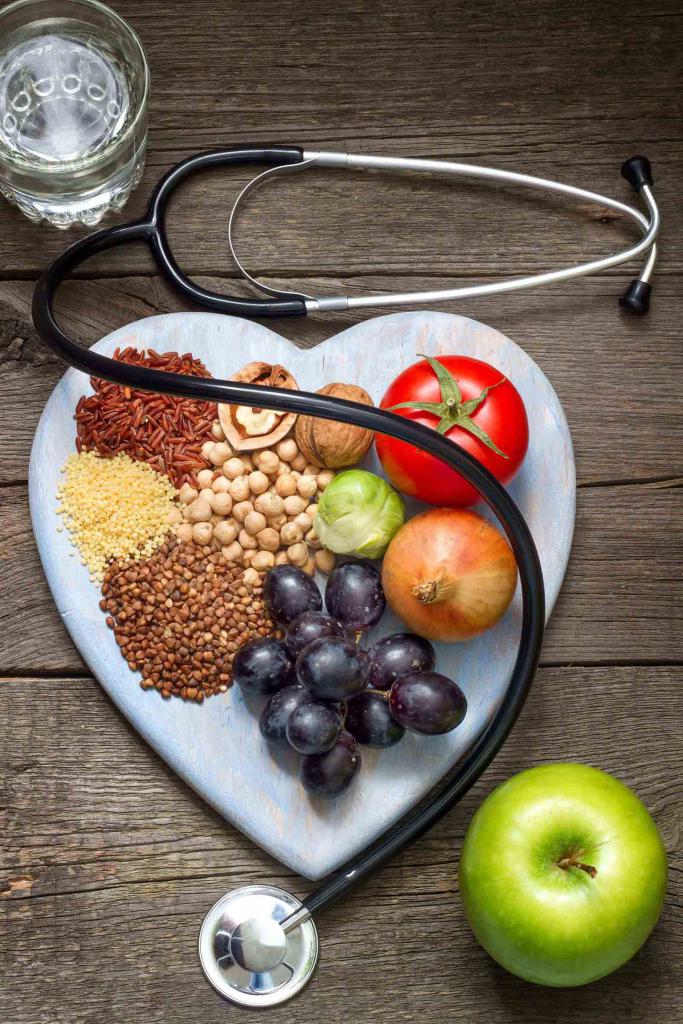
If you’d like to learn about how to prevent stroke and manage your health, CentraState’s Star and Barry Tobias Health Awareness Center can help. It offers more than 200 health education and lifestyle management programs to help you and your family achieve your health and wellness goals.
For more information, please call 732-308-0570.
PHYSICIANS
 SB
SB
Sergey Bogdan, MD
Pain Management, Physical Medicine and Rehabilitation
 RE
RE
Raymond Esquieres, MD
Pain Management, Physical Medicine and Rehabilitation
 SL
SL
Susan Lage, DO
Neurology, Neurophysiology EMG
 DS
DS
Derek Schaible, MD
Emergency Medicine
 PK
PK
Paul Kostoulakos, DO
Neurology
 VK
VK
Vikas Khanna, MD
Emergency Medicine
 AM
AM
Anita Maraj, MD
Neurology
 AM
AM
Amor Mehta, MD
Epileptologist, Neurology
 VG
VG
Vasko Gulevski, MD
Neurology
 BF
BF
Boris Furman, DO
Neurology
 NT
NT
Nicholas Joseph Talotta Jr, MD
Emergency Medicine
 MI
MI
Mohammad Ibrahim, MD
Neurology
 SC
SC
Samuel Carino, DO
Emergency Medicine
 JD
JD
Jeremy Dayner, MD
Emergency Medicine
 MM
MM
Mircea Muresanu, MD
Emergency Medicine
 SW
SW
Scott Woska, MD
Pain Management, Physical Medicine and Rehabilitation
 SV
SV
Stephen Van Pelt, MD
Emergency Medicine
 ST
ST
Sohum Trivedi, MD
Epileptologist, Neurology
 MW
MW
Mark Waciega, MD
Emergency Medicine
 ED
ED
Evander Duck, MS, MD
Physical Medicine and Rehabilitation
 SA
SA
Shashank Agarwal, MD
Neurology
 AG
AG
Anthony Gak, MD
Emergency Medicine
 YM
YM
Yaron Moshel, MD
Neurosurgery
 MC
MC
Maria Choy, MD
Neurology
Francis' Story
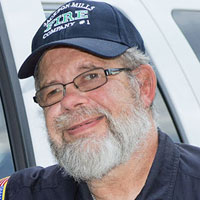
Francis' Story
Francis Schultz is well-versed in remaining calm during stressful situations. The 64-year-old Jackson resident has volunteered as a first responder for more than four decades, most recently in the role of directing traffic and keeping people safe when fire or police services respond to a call. When Francis experienced his own emergency last March, he knew exactly what to do....Read More >
Kristin's Story
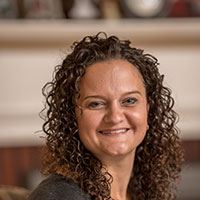
Kristin's Story
Ulcerative colitis by itself would have been bad enough. By the time Kristin Detamore, then 35, returned to work as a school social worker after the birth of her second son, she was accustomed to the pain from inflammatory bowel disease. But the headache baffled her. Unfortunately, the headache soon turned into something much more severe: partial paralysis in which Kristin...Read More >
Alex's Story

Alex's Story
That optimism came from a 24-year-old woman who just the year previously had her life turned upside down by a stroke. Now, more than two years later, Alex’s positivity has only grown as she continues to make remarkable progress in her recovery. In December 2012, Alex was just getting ready to go on winter break at her college in West...Read More >
REQUEST MORE INFORMATION
RELATED SERVICES
Preventing Stroke with an Advanced Minimally Invasive Procedure for Carotid Artery Disease
Up to one-third of strokes are caused by carotid artery disease, a buildup of plaque in the main arteries in the neck that supply oxygen-rich blood to the brain. Without treatment, this buildup can slow blood flow or dislodge plaque that travels to the brain, causing a stroke. Some people...Read More>
Take Action TODAY for a Healthier TOMORROW with These Important Screenings
You’ve done a great job of trying to keep yourself COVID-free, but it’s time to make the rest of your body a priority! Health screenings and regular visits to your primary care provider are the keys to early detection of a host of illnesses and your best path to maintaining...Read More>
Life After Stroke: Maximum Independence is the Goal
Adapting to the changes in life after suffering a stroke is challenging to say the least. There are new medications, therapies, and doctors one must see, not to mention the physical and emotional needs when recovering from a stroke. But patients recovering from stroke don’t need to do it alone. ...Read More>


